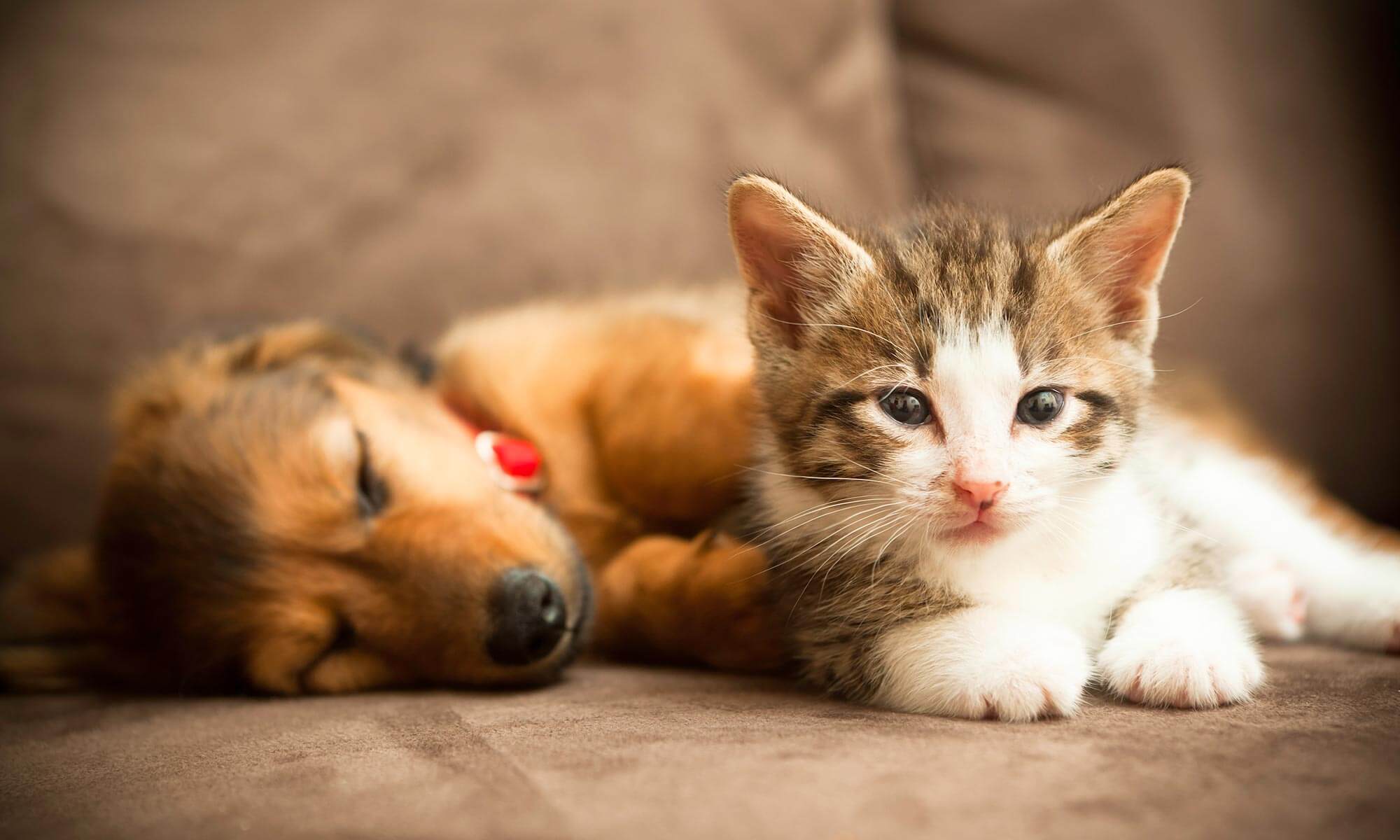Puppy and Kitten Exams

Congratulations on your newest furry family member! Welcoming a new puppy or kitten into your home is an exciting and joyful experience. To ensure their health and well-being, it is essential to follow a proper vaccination schedule. Vaccines protect your furry friend from various diseases, prevent the spread of infections, and promote a lifetime of good health.
Animal Medical Hospital & Urgent Care will guide you through the recommended vaccination schedule for puppies and kittens, what to expect during vet visits and provide valuable tips for new pet owners.

What Vaccines Are Given During Puppy/Kitten Visits?
Puppy Vaccines
- Rabies
- Distemper/DAPP
- Bordetella/Infectious Tracheobronchitis
- Leptospirosis
- Canine Influenza
- Lyme
Kitten Vaccines
- Rabies
- Feline Distemper / FVRCP
- Leukemia
- Combo Testing
Vaccination Schedule:

Puppies and kittens require a series of vaccinations to establish their immune system. Starting at 6 weeks of age, they should receive their first set of vaccines. These initial vaccines provide protection against common diseases such as distemper, parvovirus, and feline herpesvirus.
Following the initial visit, subsequent vaccinations should be administered every 3–4 weeks until they reach 16 weeks of age. During this period, additional boosters of their vaccines are given to strengthen their immune response and protect against other contagious diseases. The final rounds of vaccines, which includes the rabies vaccine, is typically administered when the puppy or kitten is around 16 weeks old.

During your puppy/kitten visit, you can expect:
- A full physical exam
- Fecal parasite testing
- Deworming
- Flea, tick and heartworm prevention
- Periodic booster vaccinations
- Guidance for socialization, diet, behavior, training, and more
- Spay or neuter consult
Tips for New Puppy and Kitten Owners:
- Socialization: Early socialization is crucial for your pet’s development. Expose them to different environments, people, and animals to help them become well-adjusted and confident. AMH recommends you start socialization at home until your pet is over 16 weeks and has been fully vaccinated. We encourage all pet owners to reserve a spot for their furry friends at our Camp AMH Day Camp to kick start socialization.
- Training: Start training your pet early to establish good behavior and manners. Positive reinforcement and consistency are key to successful training.
- Exercise and Playtime: Puppies and kittens have lots of energy and need regular exercise and playtime to stay happy and healthy. Engage them in age-appropriate activities and provide plenty of toys for mental stimulation.
- Grooming: Introduce regular grooming practices, such as brushing their fur, cleaning their ears, and clipping their nails to establish good hygiene habits early on.
- Preventive Care: In addition to vaccinations, follow a regular preventive care routine, including flea and tick control, deworming, and dental care. Our veterinarians can provide guidance on the most suitable preventive care measures for your pet.

